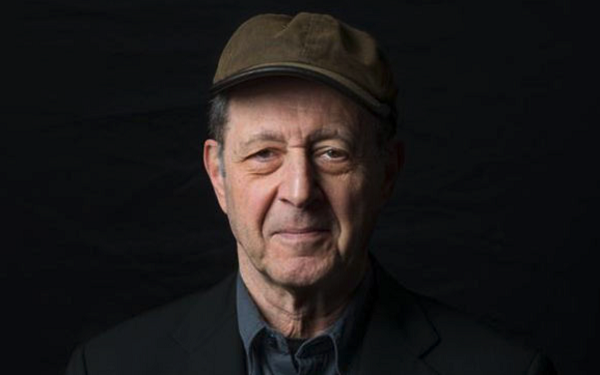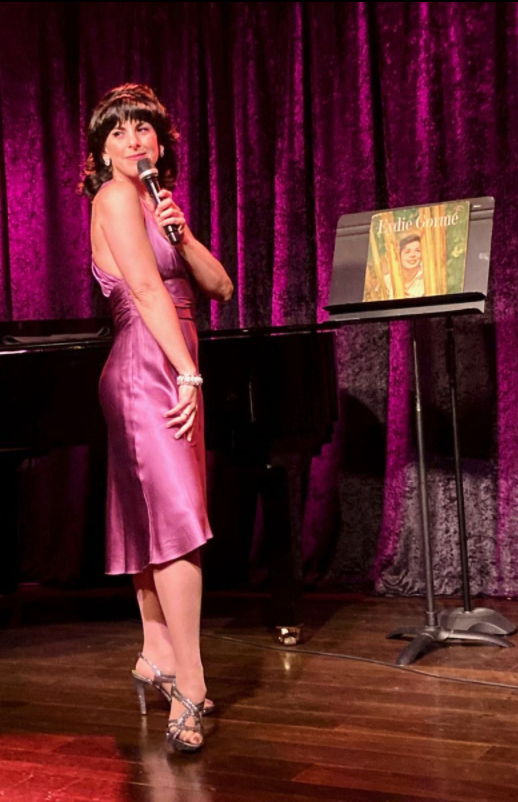THE MUSE
STEVE REICH

“I don’t care how much people understand what it is that I’m doing…I just want people to be moved by the music. If you’re not moved by the music, then everything else falls away.”
Steve Reich is a composer whose musical style unashamedly rejects western classical traditions and, since the early 1960s, has striven to reinvent the accepted process of composition.
Reich was born in New York City in 1936. His parents separated when he was just a year old, and he spent his formative years regularly traveling, most often by train, between New York City and Los Angeles. He was given piano lessons as a child and at fourteen began to study music in earnest, taking up the drums the same year. He graduated with a degree in philosophy from Cornell University in 1957 and then gained a master’s degree in composition from Mills College, California.
It was at Mills that Reich began creating compositions using tape recorders, a process he developed while working at the San Francisco Tape Music Center. Opened in 1963, it was a center for experimental music and art in the area, functioning both as an electronic music studio and concert venue. Reich found himself among like-minded innovators, all looking to break the rules of music composition and performance.
Reich’s early compositions employed a developing technique of “phase shifting,” a process by which a repeated musical phrase or sound clip is slightly altered over time, becoming part of an audible flow that is clearly perceptible to the listener. He used this technique to compose his first major work, 1965’s It’s Gonna Rain , by taking a snippet of an end-of-the-world speech by a street-preacher and turning it into multiple tape loops. Each loop was allowed to gradually move out of phase with the others, producing a soundscape that was as shocking as it was mesmerizing, becoming a landmark in minimalism and musical composition.
Throughout the 1960s, Reich developed his phasing approach, using more conventional musical phrases and instruments, as well as developing his compositions—up to now only created on tape—for live performance. In the early 1970s, Reich studied African music and composition, after which he composed Drumming , a work using phasing and typically up to nine musicians, all playing in or out of phase with one another.
“I write music, and I want people to listen to it and care about it and have it make some difference in their lives. When I’m fortunate for that to happen, then of course I feel very, very good about it.”
In subsequent years, Reich moved into more complex and elaborate compositional forms. His 1988 work Different Trains uses recorded speech as a melodic rather than rhythmic element. Partly autobiographical, the work juxtaposes his childhood memories of the cross-country train journeys during World War Two against the very different trains being used to transport similar children to their deaths in Nazi-controlled Europe. It won the Grammy Award for Best Classical Contemporary Composition the following year.
Reich’s work today remains as uncompromising as his early compositions. Double Sextet, a composition scored for two sextets—flute, cello, piano, clarinet, violin, and vibraphone—won the 2009 Pulitzer Prize for Music. Now, at 84, he continues to influence contemporary composers, confound critics, and enthral listeners.
“There’s just a handful of living composers who can legitimately claim to have altered the direction of musical history and Steve Reich is one of them.” The Guardian (London).
HAPPENING
LIVE MUSIC

Sunday, August 22, at 3pm
“Gypsy in My Soul: The Songs of Eydie Gorme”
With Dawn Derow
Don’t miss the chance to hear award-winning songbird Dawn Derow as she pays loving tribute to one of America’s legendary female vocalists, Eydie Gormé. Dawn will perform with special guest vocalist and saxophone player Danny Bacher and Music Director Ian Herman on the piano.
Renowned music director Ian Herman and director Jeff Harnar worked with Dawn to craft this stunning, vibrant performance. This show debuted at NYC’s legendary jazz club Birdland in May 2021. Come experience it in the acoustically stellar Great Hall at the Cultural Center of Cape Cod!
BYO refreshments. Table seating.
$25

THANK YOU.
